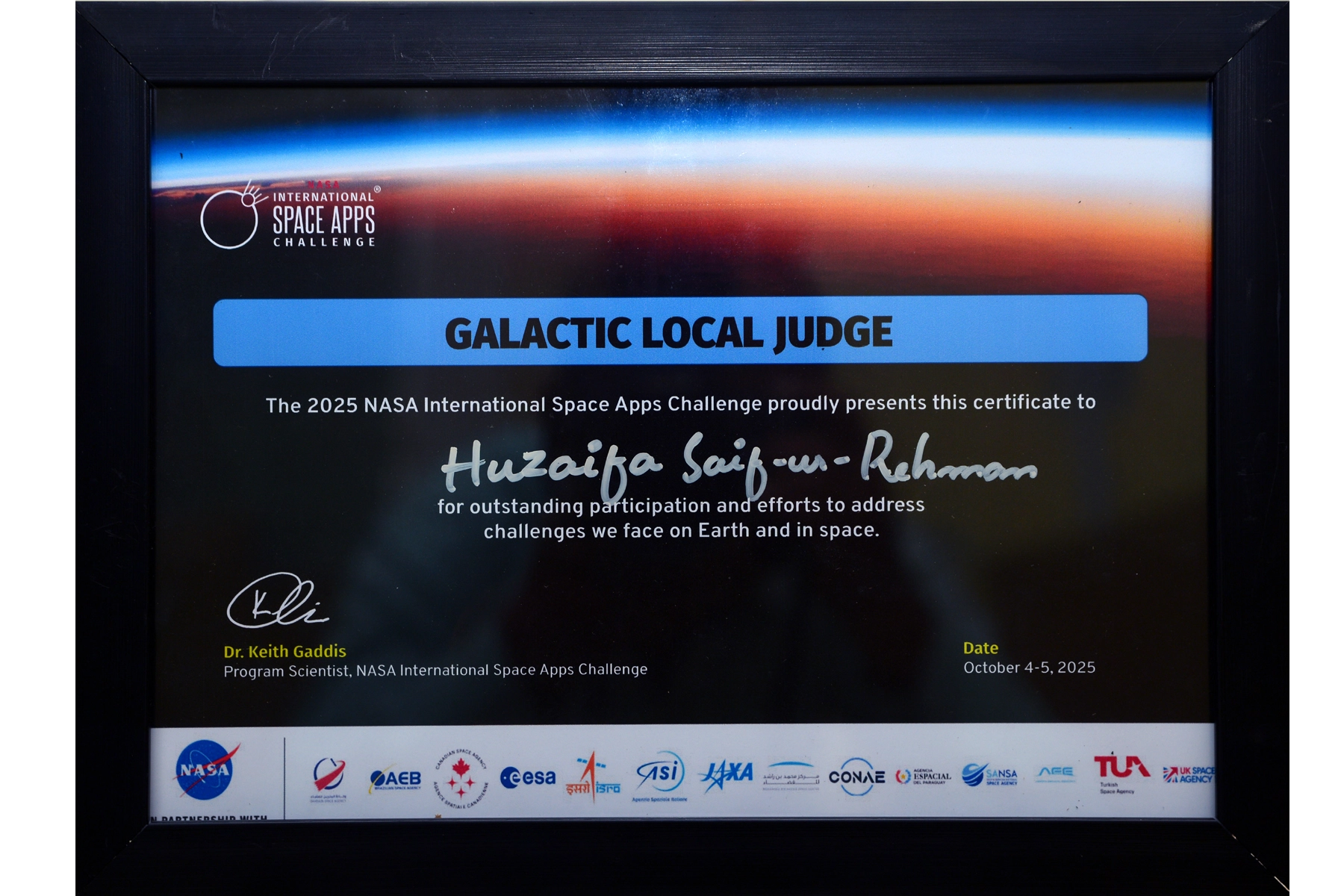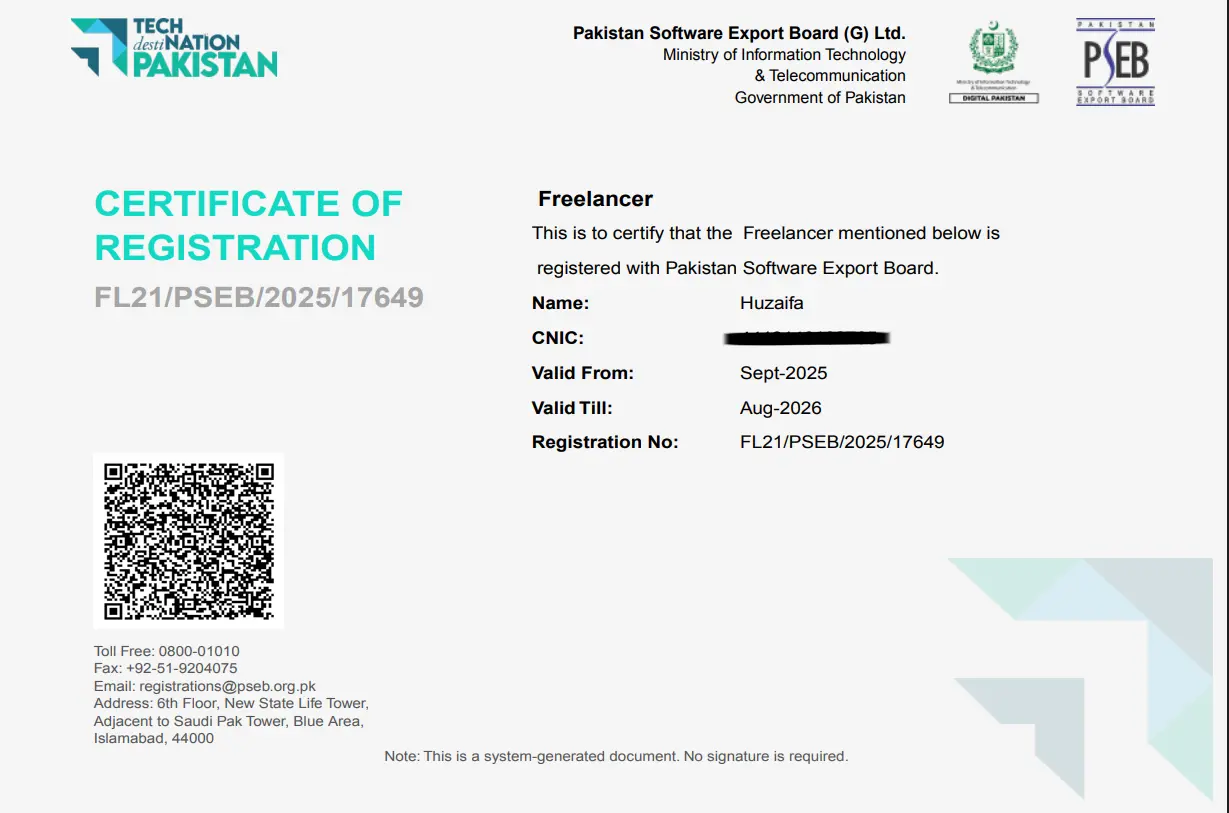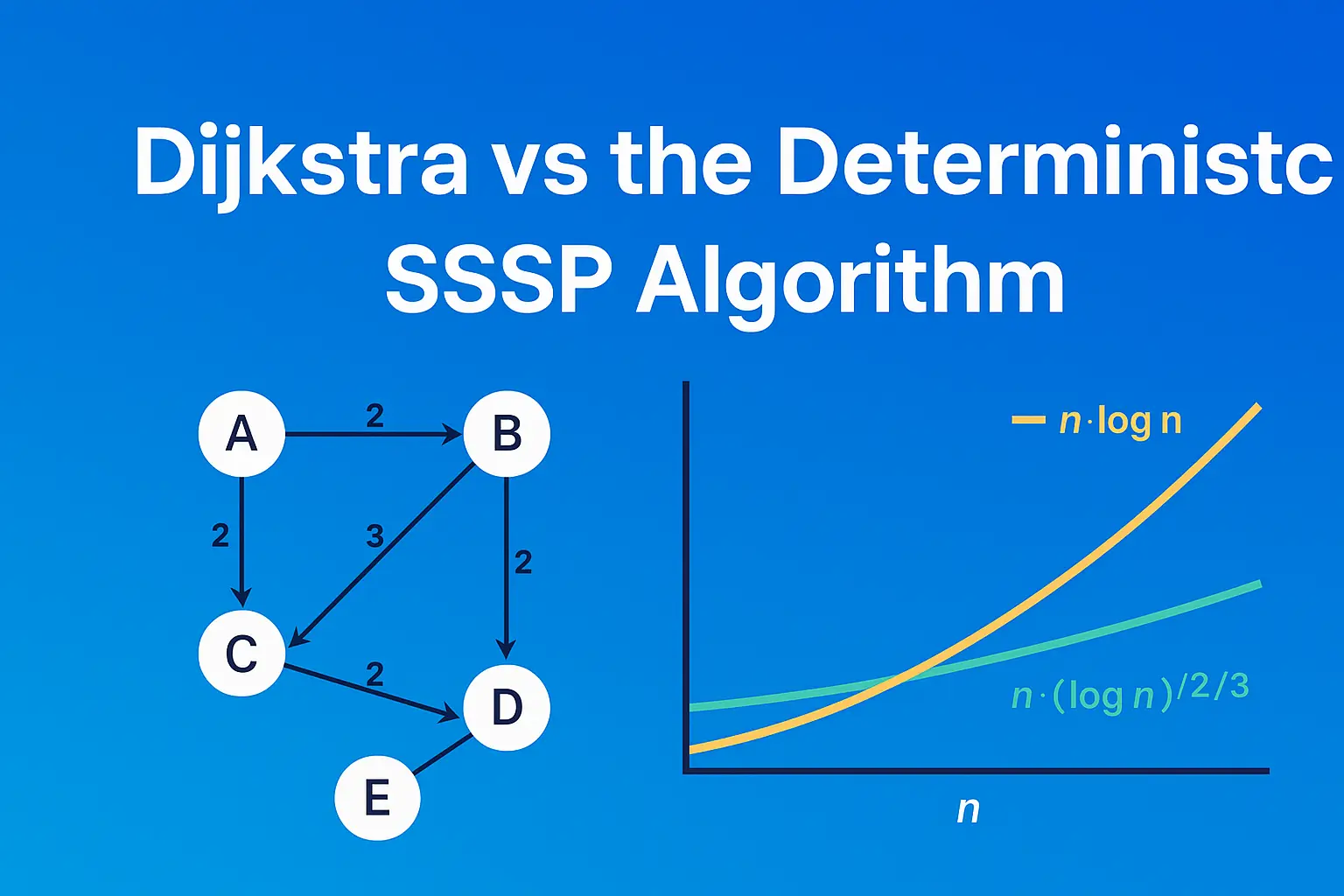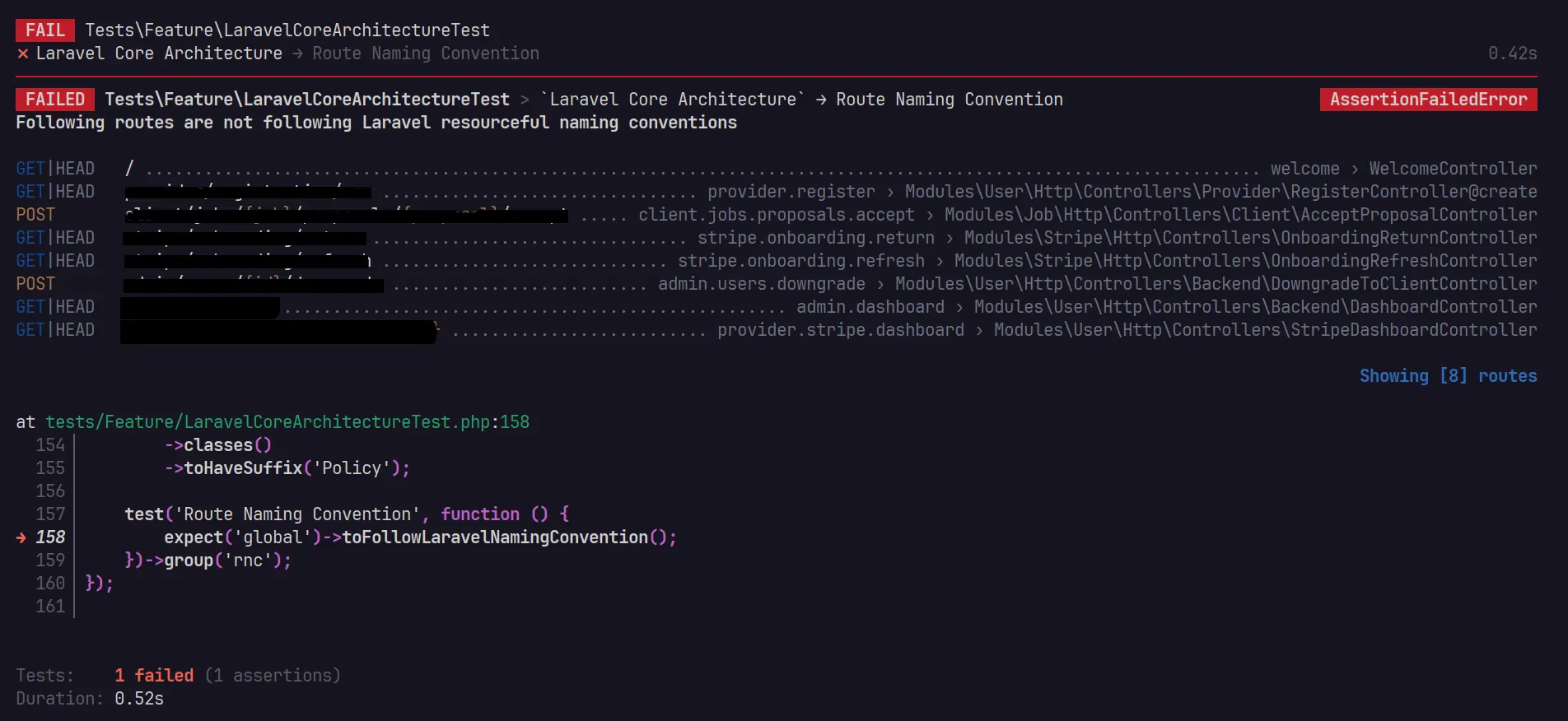Judging At Nasa Space Apps Challenge In Hyderabad
Last updated on

Judging at NASA Space Apps Challenge in Hyderabad
Hyderabad hosted its first NASA Space Apps Challenge, and I was formally invited as a local judge to evaluate projects from an engineering perspective. Over two intense days, student teams built prototypes, explored Machine Learning algorithms, and learned how to integrate LLMs' APIs. I was joined by respected academics, and we saw thoughtful work from universities as well as two standout college teams. I guided one AI-heavy team on balancing prompt use with strong computer science fundamentals, at the same time I also applauded their efforts. The event was organized, managed and run by an undergraduate core team from Mehran University of Engineering and Technology, and Hyderabad Institute for Technology and Management Sciences, hosted by Iqra University Hyderabad Campus, and supported by different sponsors.
College Teams
Two memorable teams came from colleges rather than universities, which is rare in a second tier city here. Students from two different colleges studied hard and finished their challenges. One team leaned heavily on AI and solved most tasks through prompt engineering while not knowing what prompt engineering is. When I asked them to explain their solution for the given challenge, they struggled, so I guided them on why strong computer science basics should come first and how AI can be used responsibly. The room also had undergrads from several universities and a few early stage AI founders. The overall spirit was practical and focused.
What is NASA International Space Apps Challenge
NASA International Space Apps Challenge is a worldwide hackathon where people use open data from NASA and partner agencies to make ideas that help life on Earth and in space. Local events happen in many cities and connect to a global community that learns, builds, and shares together.
The challenge themes usually cover Earth observation, climate and weather, remote sensing, data visualization, and education tools. The learning outcomes are valuable for any student or early professional: teamwork, data literacy, reading documentation, rapid prototyping, and clear storytelling. People also learn to clean and interpret datasets and explain technical choices in simple language.
Project highlights and tech stacks
We had more than 100 participants across around 20 teams. All of the solutions were web based, frontends used HTML, CSS, JavaScript, and React, and TailwindCSS. backends were in Node.js or Python. Some teams tried Machine Learning and Deep Learning algorithms. A few integrated large language models through API integrations. The range of solutions showed careful research, fast prototyping, and sensible trade offs for a weekend sprint.
My judging experience and the panel
I was invited to judge the engineering side of projects. I enjoyed the company of Dr Amjad Ali Syed, Associate Professor at MUET, along with Dr Mehwish Jawaid from SZABIST, and Noorulain Mushtaq, also from MUET with a background in Data Science. It was a pleasure to learn from their academic perspective while sharing my industry view. I felt honored to be among such talented and experienced people.
Shoutout to the organizing team
The event was planned by an undergraduate core team from Mehran University of Engineering and Technology, and Hyderabad Institute for Technology and Management Sciences. They handled real pressure and still delivered a smooth experience for participants and judges. Special thanks to:
- Haziq ul Khair (Local Lead - MUET),
- Abdullah Ali (Co Lead External Affairs - MUET),
- Esha Salam (Co Lead External Affairs - MUET),
- Ibad Hussain (Co Lead Internal Affairs- HITMS),
- Bushra Laraib (Co Lead Internal Affairs - MUET), and
- Muhammad Faisal (Operations Lead - MUET).
Thank you for the invitation and for trusting me as a judge.
Appreciation for sponsors and hosts
I also appreciate the support from Iqra University Hyderabad Campus for the venue and on ground help and all the sponsors. Your support made this first edition possible.
A note to the local software industry
One thing made me a bit sad. I did not see sponsors or attendees from the local software industry. These events are ideal places for academia and industry to meet, mentor, and build a talent pipeline. After speaking with the core team, I learned they did not formally reach out to many companies, which is understandable for a first time effort. For the next edition, I suggest early, formal invitations to leading Hyderabad tech firms. I also invite companies to show up, sponsor, and mentor. The impact will multiply when both sides participate.
Hyderabad’s first NASA Space Apps showed what students can do with open data, mentorship, and a shared mission. I plan to support future editions, help connect local companies, and keep mentoring teams so our city grows its presence on the global Space Apps map. If you are a student, join next year. If you are in industry or academia, get involved. Let us build this together.


